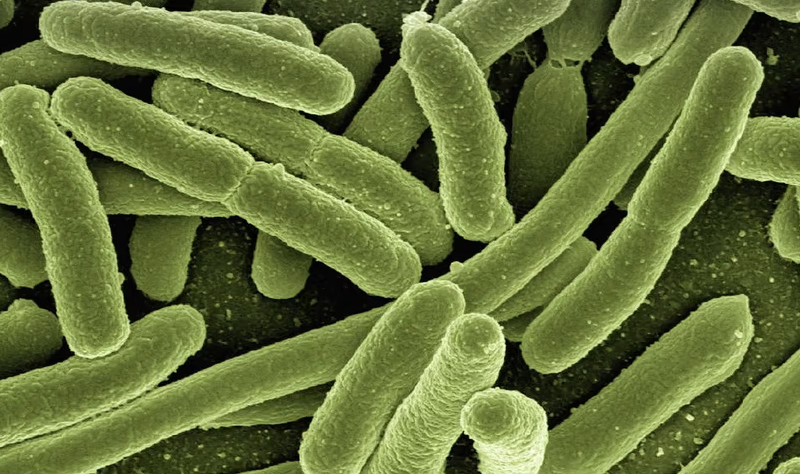Summit Therapeutics believes the future of its lead asset to treat C. difficile may be through partnerships, months after the candidate failed to outperform vancomycin in a phase 3 trial.
In an earnings report released Friday, the company charted out its future plans both for the asset and the company at large, doubling down on its goal to be a leader in developing microbiome therapeutics. To get there, the company says it’s open to “acquisitions and/or collaborations.” As for its in-limbo C. diff. asset, ridinilazole, the company says it’s forging ahead, planning to present data at a conference in May should it be accepted in addition to exploring potential partnerships.
The latest blueprint from the company follows a dismal six months during which shares have dropped 50%, from more than $6 a share to $3.19 as of publishing Friday morning. Summit entered 2022 with slightly more cash than a year before, but net losses jumped more than 50% in 2021 compared to 2022, nearing $90 million.
The company’s misfortunes center on ridinilazole’s phase 3 failure, which was announced in December 2021. But even before the results were disclosed, Summit’s shares started to take a hit last September after the FDA disagreed with the company’s decision to pool data from participants in two different trials to work around slow enrollment. Unsurprisingly, investors were spooked at the company flouting the regulator.
But while ridinilazole ultimately failed to reach its primary endpoint, Summit is clinging to data that it resulted in significantly less recurrence of C. diff than vancomycin, particularly among higher-risk patients.
Waiting in the wings is the company’s preclinical asset for carbapenem-resistant Enterobacterales infection, development of which is being funded by CARB-X, a nonprofit looking to bolster antibacterial research. The organization gave Summit more than $4 million in 2021 for clinical development for the asset, with up to $3.7 million also available if milestones are reached.
Summit as a whole remains largely buoyed by its 2017 contract from the U.S. Biomedical Advanced Research and Development Authority, which continues to pay out. Last quarter, Summit received an additional $700,000 from the agency as part of the $72.5 million that’s been committed.

